Is AI the future of customer experience?
Is AI the future of customer experience?. “I’m sorry, Dave. I’m afraid I can’t do that”. A great line, from a great movie! But also, a line that was terrifying in its implication. It was the moment that HAL 9000, the AI computer, refused to follow the user (Dave’s) instructions for the purpose of self-preservation.
Incredibly “2001: A Space Odyssey” turned 50 last year and whilst it portrayed a hugely advanced future of interstellar missions and cognisant computing, it is, rather obviously, talking about a time in our recent past. We’re not sending manned missions to distant planets and we don’t have self-aware devices that determine our fate. What it does show is the expected pace of change that the world saw at the time, don’t forget we hadn’t put a man on the moon at that point! Movie makers have often used the growth of sentient machines and AI as the villain, from “Metropolis” (1927), through “2001: A Space Odyssey” (1968), to “The Terminator” (1984), “Minority Report” (2002) and the more recent “Ex Machina” (2015). We know these are all works of brilliant Sci-Fi minds and cinematographers; however, the effect has been to plant the seed of doubt in many minds about the growing role of machines and particularly, intelligent machines in our lives.
As a race, we’re not actually afraid of technical evolution, we have always developed tools and machines that are designed to help us with our lives. Taking communication as an example; from early cave paintings to tell our stories; to papyrus so that we can store information and communicate messages consistently, rather than rely on verbal messaging or cave paintings; to Gutenberg’s printing press, reducing the need for hand copying and the role of the scribe; to radio so that we can share information to a wide audience instantly; to mobile phones, so we can communicate on the move; and in the information age through to the internet and smart phones where we gather and hold more information than ever imagined, making the printed Encyclopaedia Britannica redundant.
We tend to shy away from technology we simply don’t understand or comprehend how it makes its decisions, it is the evolutionary aspect of AI that makes us nervous. We’re fine with some technology many of us don’t understand, e.g. the modern car engine – the distinction is that we still feel largely in control of a car (even if the onboard computer is in fact making decisions based on data all the time). The concerns come when we don’t understand and don’t feel we have control.
Over 25 years of my marketing technology career we have seen such significant change in the role of technology on the consumer that we’ve had to build new technologies and disciplines to keep up. We would never have imagined the role of social media in our marketing mix 25 years ago, we didn’t know that web analytics, SEO and eCommerce would be the multi-billion-dollar industries they are today, and yet they are, and most businesses don’t question their role in their organisation.
Today we use AI in so many aspects of our lives that we have been semi-oblivious to our adoption of it; your satnav (or Google Maps) uses AI to determine the best route from A to B, whilst considering changing traffic conditions; your online shopping experience is driven by intelligent and evolving algorithms that identify purchases that are of interest to people similar to yourself; the increasing use of virtual home assistants (such as Siri and Alexa) is ridding us of the mundane task of choosing our own music from our device; and your preferred search engine identifies and ranks web pages on the most likely results that interest you or are what it thinks you were actually searching for.
The one thing these all have in common is their scope of service, one tool for route planning, one for product recommendations, one for performing simple tasks at our voice command and one for finding relevant web sites and pages.
Even looking at IBM’s two most famous AI platforms, Deep Blue (beating Garry Kasparov at chess in 1996) and Watson (beating two former Jeopardy! champions in 2011), they demonstrated complex behaviours within a focussed area and took a lot of specific development. The team at IBM didn’t simply unbox the new Watson and let it loose on a game show, they invested significant time to train Watson to understand natural language, reason the intent, how to understand a knowledgebase and return a response in the correct form, to do one job.
As marketers, we’re increasingly looking for tools that make daily tasks easier for us. We now must contend with a tidal wave of available data from different sources, use a wide range of touch points, deal with increasingly technologically sophisticated customers and operate within the perpetual constraints of time and budget.
This creates an even more complex job than ever before.
When I started out in this industry, we knew who you were, what you had bought from us, assuming we tracked it and occasionally what communications we had sent you, but that was often all there was! Segmentation and decisioning was relatively easy.
Today I can bring data in from multiple disparate sources, owned and otherwise, I can see how you feel about my brand on social media, I know what you’ve browsed online, I can find out if you walked into store 30 seconds ago, I know whether you’re an influencer of friends and family, I can often determine biases that you didn’t know you had yourself. The challenge I now face is how to sort the wheat from the chaff, which information about my customer is relevant, and it will often be different for everyone.
Increasingly, consumers look for relevance in every interaction they have with us, they have access to more information then we have ever provided and judge us not just by the build quality of our product but also how we operate and the service we provide, we don’t have time to “manually” trawl through all the data we have available. We must trust that the trained and educated Marketing AI platform works towards keeping us relevant in our market and use our own experience, intuition and analytics to continue to train and improve the AI’s capabilities to help us make better and more individualised decisions.
We build that trust through our normal campaign test and learn procedures; how does the machine perform against the human. I recently presented at an event with a major UK retailer discussing the growing role of AI in their business, they have been using an AI platform to test subject lines for emails. The quick and the short of it has been that the AI platform’s subject lines have consistently beaten the human subject line and generated open rates 25% higher, which in turn has resulted in increased offer redemption.
To continue to deliver to everyone’s (read: our CxO) expectation, we need the next generation of tools to deal with the next generation of tasks. The role of AI is not to replace us, but to support us for a specific set of tasks that consume time and don’t allow us to focus on the important issues. We replace data processing (the AI task) with information interpretation (the Human task), we replace post campaign reporting (AI) with variance analysis (human) to see what we can tweak next time. The corporate AI Marketing Assistant performs the heavy lifting of coding and analysis to help us make better decisions. Unlike the situation many companies are in themselves today, our AI partner enables us to do this work in near real time, switching subject lines on emails within minutes of the first communications been sent, refining our offers to deliver increased response open, click or adoption rates and creating a more relevant client experience as the information comes in from different sources.
It’s important to note, no AI or machine learning platform can ever be perfect. It’s learning all the time, it will make mistakes and will learn from those. It’s important to accept and understand that this will happen on occasion, as much as we accept human error, when we receive questionable “<INSERT SUBJECT LINE HERE>” subject lines or miscalculations. It’s how we help the machine learn that will be important.
Many Marketing Automation platforms are already AI enabled, so if you would like to know more about how to get the best out of your existing capabilities, please do get in touch letstalk@purplesquareconsulting.com.
Signing off with yet another movie quote from an AI villain, at least at first.
I’ll be back! But if you need help get in touch!
You may find our blog on Is Machine Learning Here To Stay? an interesting read.
Like what you see?
Subscribe to our newsletter for customer experience thought leadership and marketing tips and tricks.




